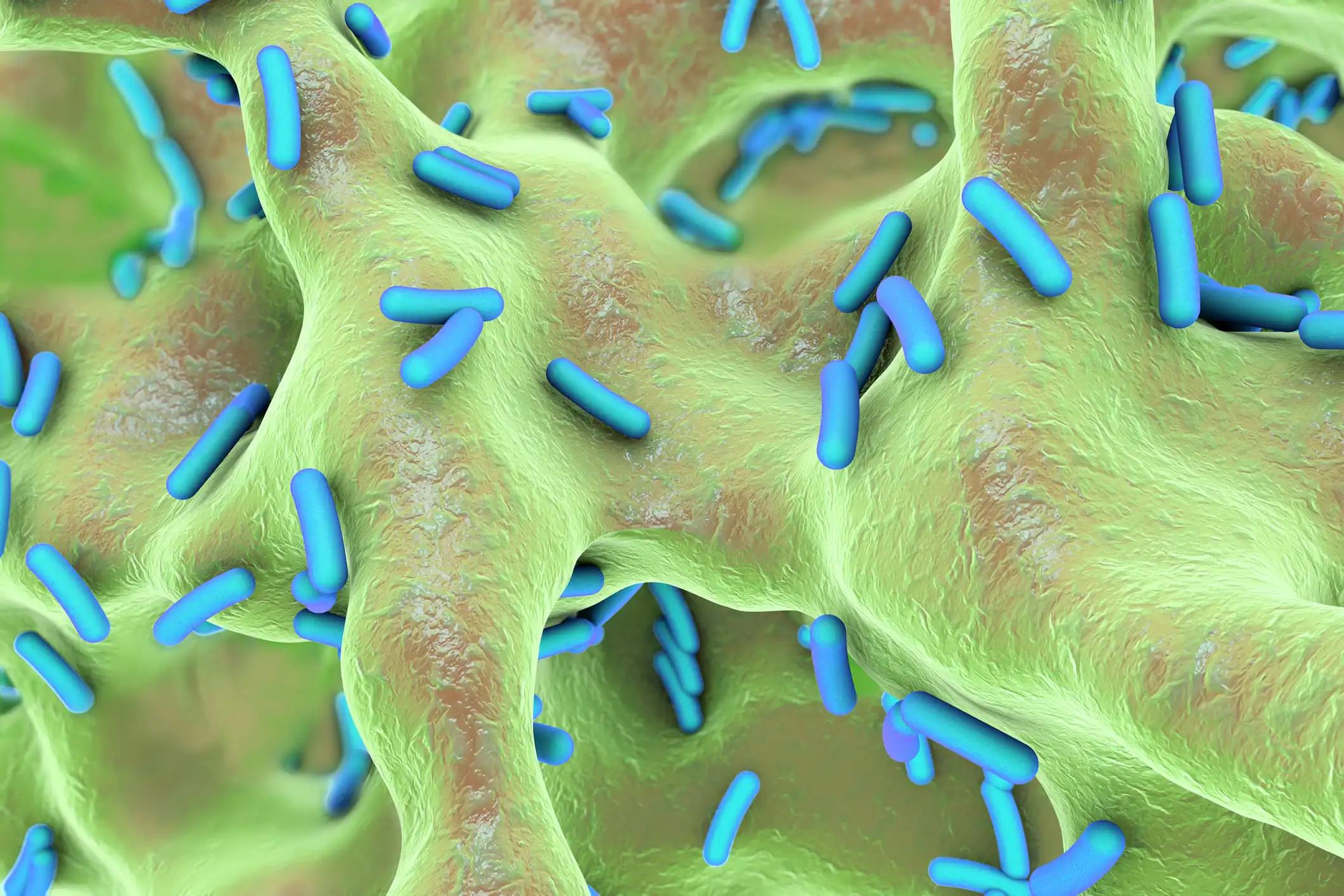KEY TAKEAWAYS
- The DIRECTION phase III trial assessed the effectiveness and safety of donafenib for Chinese patients with RAIR-DTC without available TKI treatment.
- Donafenib is a multi-kinase inhibitor with efficacy and safety demonstrated in phase II clinical trials for patients with RAIR-DTC.
- The trial was randomized, double-blind, placebo-controlled, and multi-center, with patients receiving donafenib or placebo twice daily until intolerable toxicity or disease progression.
- The primary endpoint was PFS, which was significantly prolonged with donafenib compared to the placebo.
- The ORR was also significantly higher with donafenib. Donafenib was well-tolerated, with hypertension and palmar-plantar erythrodysesthesia syndrome.
- Being the most commonly observed Grade≥3 TRAEs. Donafenib showed potential as a second-line therapy for RAIR-DTC.
Donafenib, an oral multi-kinase inhibitor targeting Raf/MEK/ERK, VEGFR, and PDGFR, has demonstrated significant efficacy and a favorable safety profile in patients diagnosed with progressive locally advanced/metastatic radioactive iodine-refractory differentiated thyroid cancer (RAIR-DTC) in phase II clinical trial. The DIRECTION clinical trial seeks to assess the effectiveness and safety of donafenib in treating Chinese patients with radioiodine-refractory differentiated thyroid cancer (RAIR-DTC) without any available tyrosine kinase inhibitor (TKI). In this phase III trial that was randomized, double-blind, placebo-controlled, and multi-center, patients who met the eligibility criteria were randomly assigned in a 2:1 ratio to receive donafenib (300 mg) or placebo twice daily until either intolerable toxicity or disease progression occurred. The primary endpoint of the study was progression-free survival (PFS), while the secondary endpoints included objective response rate (ORR), overall survival (OS), safety, and others. Between July 2018 and February 2021, a cohort of 191 patients was subjected to randomization (donafenib, 128; placebo, 63), representing the most extensive group of Chinese patients with RAIR-DTC enrolled in clinical trials thus far. The predetermined primary endpoint was achieved during the scheduled second interim analysis upon observing 67% progression-free survival events. The use of Donafenib has been found to prolong the median IRC-PFS when compared to placebo significantly.
The results showed that the median IRC-PFS was 12.9 months for those who used Donafenib, compared to 6.4 months for those who used the placebo. The hazard ratio was 0.39, with a 95% confidence interval of 0.25-0.61 and a P<0.0001. These results were consistent in both the TKI-naïve subgroup, where the median IRC-PFS was 18.3 months for those who used Donafenib and 7.4 months for those who used the placebo, and in the TKI-used subgroup, where the median IRC-PFS was 11.0 months for those who used Donafenib and 3.7 months for those who used the placebo. These findings suggest that Donafenib has potential as a second-line therapy. The objective response rate (ORR) of Donafenib was observed to be significantly higher than that of the placebo group (23.3% vs. 1.7%, P=0.0002). The comparative 18-month survival rate between sorafenib and placebo was observed to be 88.3% and 73.5%, respectively, while the median overall survival remained indeterminate. Regarding drug adherence and safety, it is noteworthy that the mean daily dosage of donafenib was 522 mg/day, which represents 87.0% of the initial prescribed dose (600 mg/day). This indicates a commendable level of adherence to the medication. 56 patients (43.8%) in the donafenib group experienced Grade≥3 treatment-related adverse events (TRAEs), with hypertension (13.3%) and palmar-plantar erythrodysesthesia syndrome (12.5%) being the most frequently observed. There were no deaths observed as a result of treatment. The well-balanced efficacy and safety profile of Donafenib indicates its potential as an alternative treatment option for patients with progressive Radioactive Iodine Refractory-Differentiated Thyroid Carcinoma.
Source: https://oncologypro.esmo.org/meeting-resources/esmo-congress/donafenib-in-locally-advanced-metastatic-radioactive-iodine-refractory-differentiated-thyroid-cancer-a-randomized-double-blind-placebo-control
Clinical Trail: https://clinicaltrials.gov/ct2/show/NCT03602495
Y. Lin, H. Yang, F. Shi, A. Yang, X. Han, B. Liu, Z. Li, Q. Ji, L. Tang, Z. Deng, Y. Ding, W. Fu, X. Xie, L. Li, X. He, Z. Lv, L. Wu, L. Liu/1644O – Donafenib in locally advanced/metastatic, radioactive iodine-refractory, differentiated thyroid cancer: A randomized, double-blind, placebo-controlled, multicenter phase III clinical trial (DIRECTION)
/Annals of Oncology (2022) 33 (suppl_7): S750-S757. 10.1016/annonc/annonc1077



